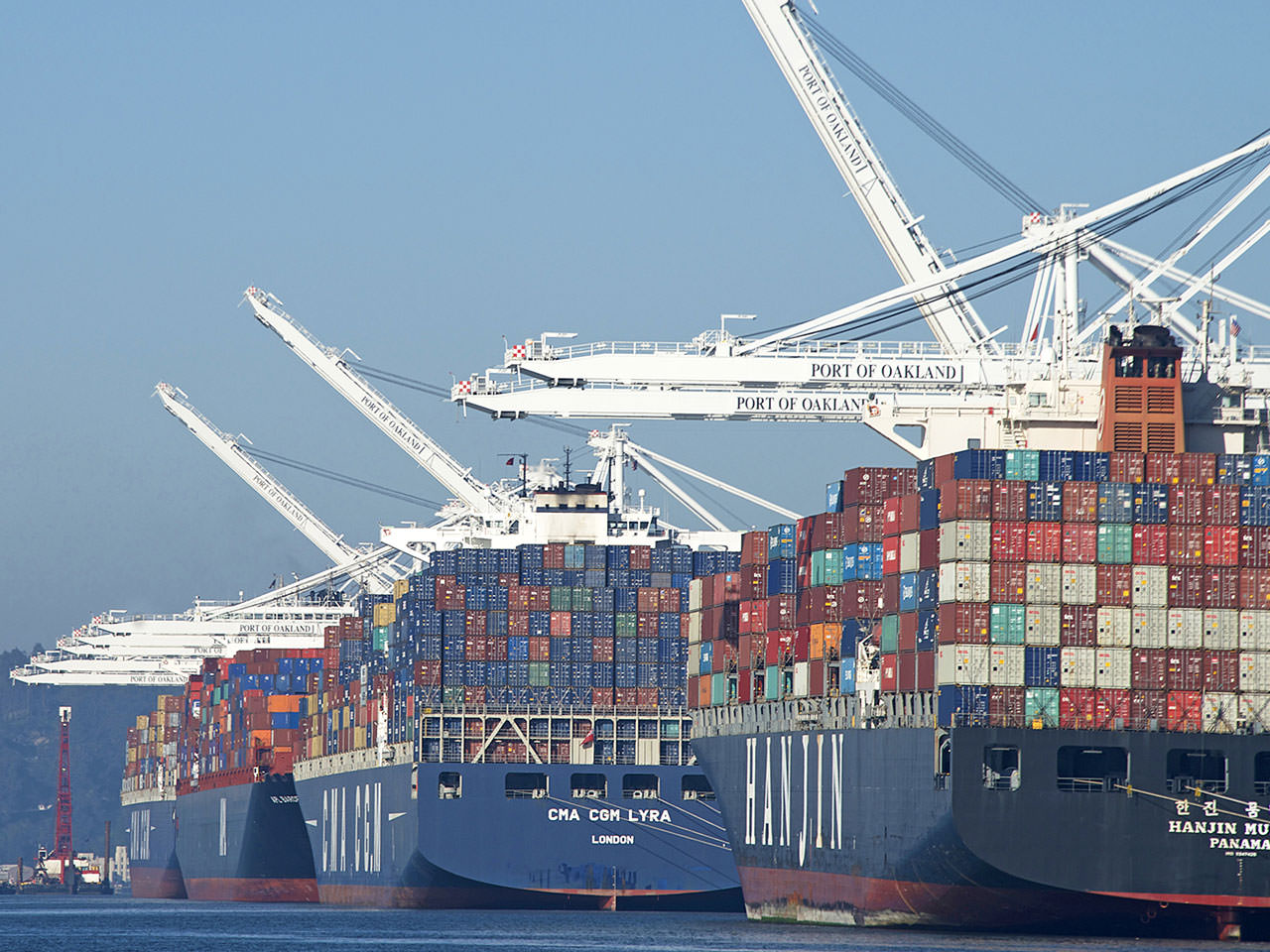
Transporting shipping containers is a crucial aspect of global trade and logistics. Whether you are a business owner looking to import or export goods or an individual moving overseas, understanding the cost of transporting a shipping container is essential. In this comprehensive guide, we will delve into the various factors that influence the cost of shipping containers, providing you with valuable insights and practical information.
- Distance and Location:
The distance between the origin and destination plays a significant role in determining the cost of transporting a shipping container. Longer distances generally result in higher transportation costs. Additionally, the location of the destination, including accessibility and infrastructure, can impact the overall cost. - Mode of Transportation:
There are several modes of transportation available for shipping containers, each with its own cost implications. The most common options include: a. Ocean Freight: Shipping containers by sea is often the most cost-effective method for long-distance transportation. Factors such as container size, weight, and shipping route influence the cost. b. Air Freight: When time is of the essence, shipping containers by air can be a viable option. However, it is generally more expensive compared to ocean freight due to higher fuel costs and limited capacity. c. Rail and Road Freight: For shorter distances or landlocked destinations, transporting containers by rail or road may be necessary. Costs vary depending on the distance, infrastructure, and any additional services required. - Container Size and Type:
The size and type of shipping container you choose will impact the transportation cost. Standard container sizes include 20-foot and 40-foot options, with high cube and refrigerated containers also available. Larger containers generally incur higher transportation costs due to their weight and size. - Freight Forwarders and Shipping Lines:
Engaging the services of freight forwarders or shipping lines can simplify the transportation process. These professionals handle logistics, documentation, and customs clearance, but their services come at a cost. It is essential to research and compare quotes from different providers to ensure competitive pricing. - Additional Services and Charges:
Various additional services and charges may affect the overall cost of transporting a shipping container. These can include customs duties, insurance, storage fees, container loading and unloading, and any special handling requirements. It is crucial to consider these factors when calculating the total transportation cost.
Conclusion:
Transporting a shipping container involves a multitude of factors that influence the overall cost. By considering the distance, mode of transportation, container size, and additional services, you can estimate the expenses involved. However, it is important to remember that prices can vary significantly depending on market conditions, fuel costs, and other external factors. Consulting with industry professionals and obtaining multiple quotes will help ensure accurate cost calculations for your specific shipping needs.
